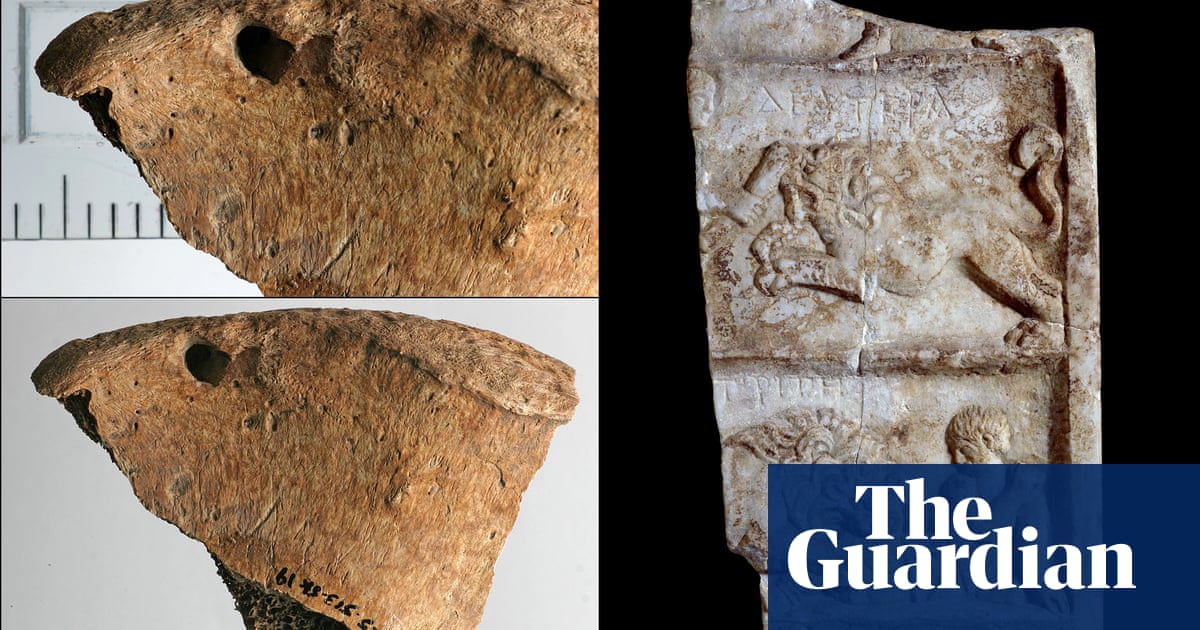Garrett Carr’s debut novel for adults begins in an accomplished storyteller’s hypnotic style. “We were a hardy people, raised facing the Atlantic. A few thousand men, women and children clinging to the coast and trying to stay dry. Our town wasn’t just a town, it was logic and a fate.” The first person plural pulls the reader in, makes us feel a part of the tale. The narrative technique opens up the life of a village in Donegal, its inhabitants, the way its eternal rhythms bump up against life’s surprises, the wonder concealed in so-called ordinary existence, and the politics of the wider world.
We begin in 1973, in a town connected not by the frantic ethereal drag of the internet, but by tight human bonds. So that one day, when an unexpected cargo washes up on the shore of Killybegs, the pattern of the place is altered irrevocably. Carr, who has published three YA novels and a nonfiction book, The Rule of the Land: Walking Ireland’s Border, has a terrific knack for detail, both poetic and quotidian. The barrel is “made of tough plastic, the kind we used for exporting salted fish”. It’s lined with tinfoil, a concrete slab laid in for ballast: “On top of that was the baby, pink, eyes wide to the grey sky, well wrapped.”
The word “mythic” gets a bad rap these days, too easily used as shorthand for “something that isn’t really true” when its real meaning conveys the opposite. Mythic narratives – the epic of Gilgamesh, the great fairytales, Star Wars – convey the deepest truths, the ideas most essential to our shared humanity. They usually include some element of the magical because, after all, isn’t sheer existence a kind of magic trick? Carr’s novel accesses these deep strands of truth by embedding the magic in the real and never letting the reader lose sight of either. Ambrose Bonnar is the fisher who adopts the baby boy and names him Brendan, after the saint known as the Navigator for his voyage to the Isle of the Blessed.
Brendan’s parentage is a mystery: he is changeling and real boy all at once. These are the days before DNA testing, before social media; this is a small town in rural Ireland where events are self-contained. Mythtime, all time. But from the beginning Carr introduces a sense of fissuring: the Bonnars already have a child, Declan, two years old when Brendan is adopted. He greets the new arrival monosyllabically: “Why? Why?” His “raw and sharp” infant instincts make it plain to him: “This baby wasn’t going anywhere, this baby was going to stay. The world as he knew it had ended.”
That’s true for all these folk. The choice of date is not coincidental: 1973 was the year that Ireland joined the European Economic Community, the precursor to the EU; the country’s relentless and often ruthless march to modernity had begun. As the novel moves forward in time, as Brendan grows up and becomes a kind of secular saint in the little town, bestowing mysterious blessings on those around him, the undercurrents of the late 20th century drag at the inhabitants. “So far the 1980s weren’t treating many of us well. Any money about was pooling around fewer and fewer people, while others lived in want.”
Ambrose and his wife Christine struggle to make a living; Ambrose has to drive his small boat farther and farther out to sea to make any kind of catch. Declan stews in jealousy over his adopted brother’s easy ways. Yet in the difficulty of these characters’ lives is a sense of real connection that gives the book a kind of lightness, of what might be possible in a real community: lasting ties, genuine reciprocity. This is not false hope; it’s just hope. Brendan’s magic isn’t the kind that comes from a wand, but the kind that arises out of love. This is a surprising, tender and warm-hearted novel about a real place and real people: a gentle gift for spring.

.png) 2 months ago
60
2 months ago
60













































